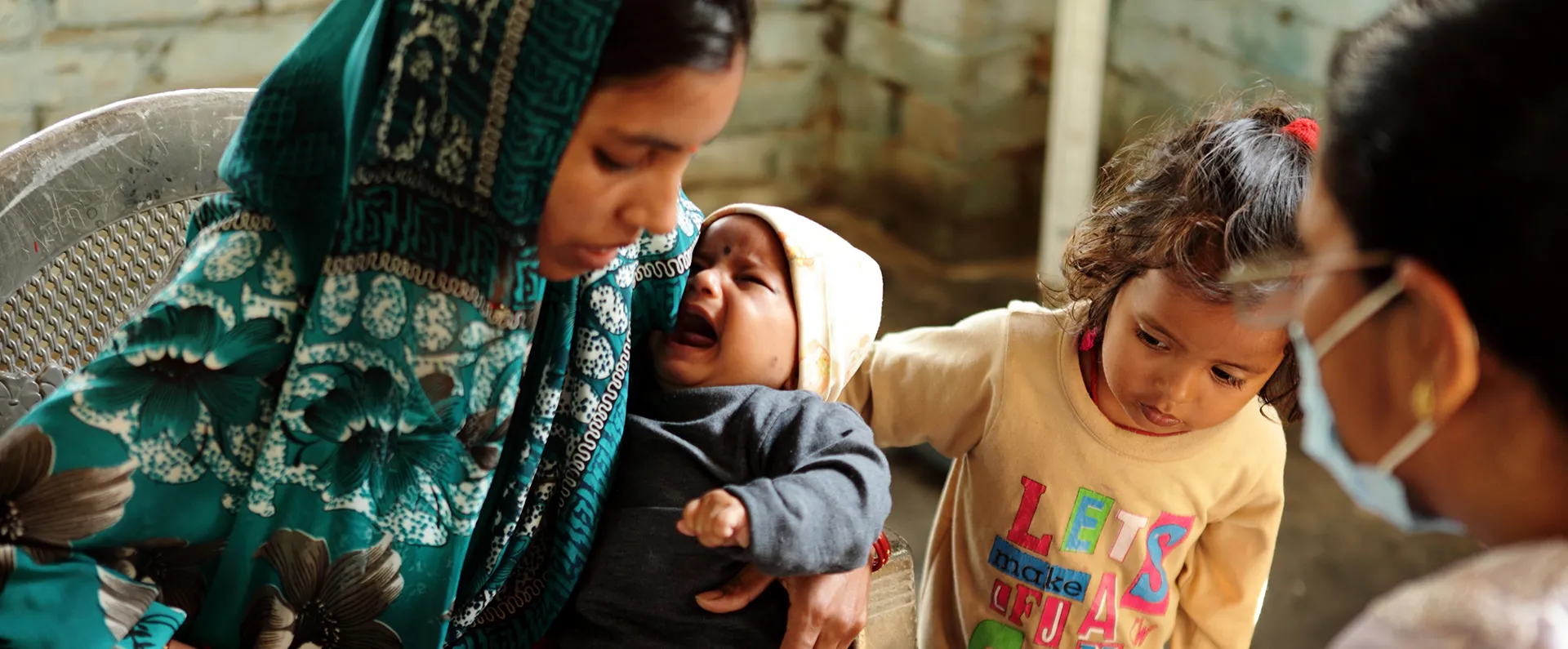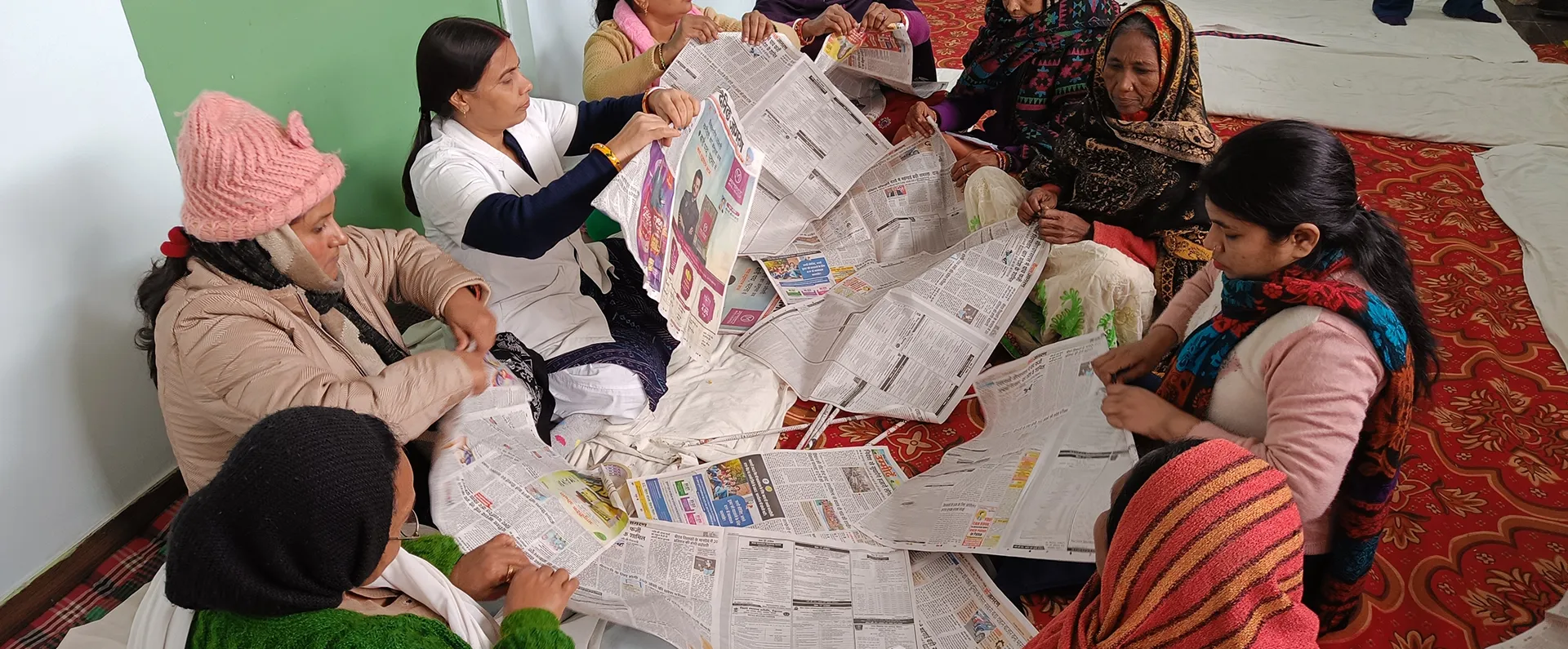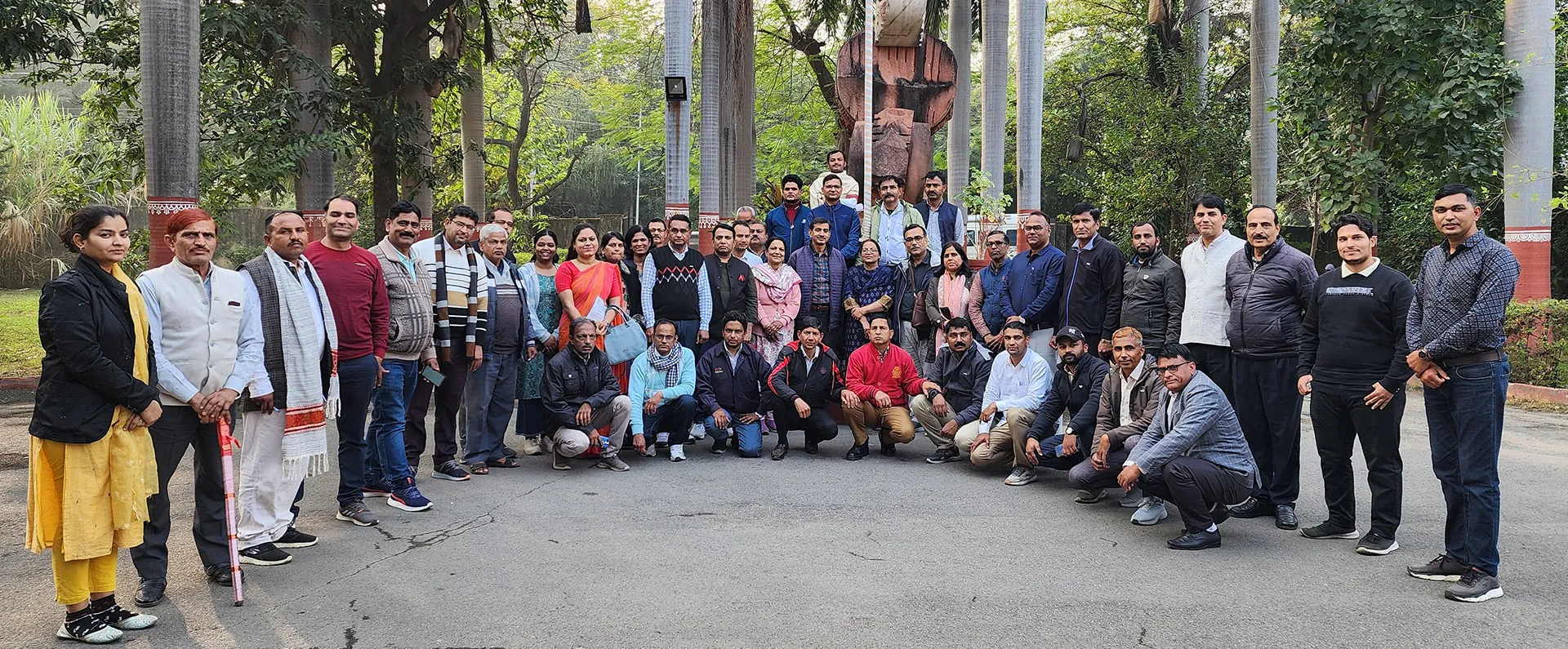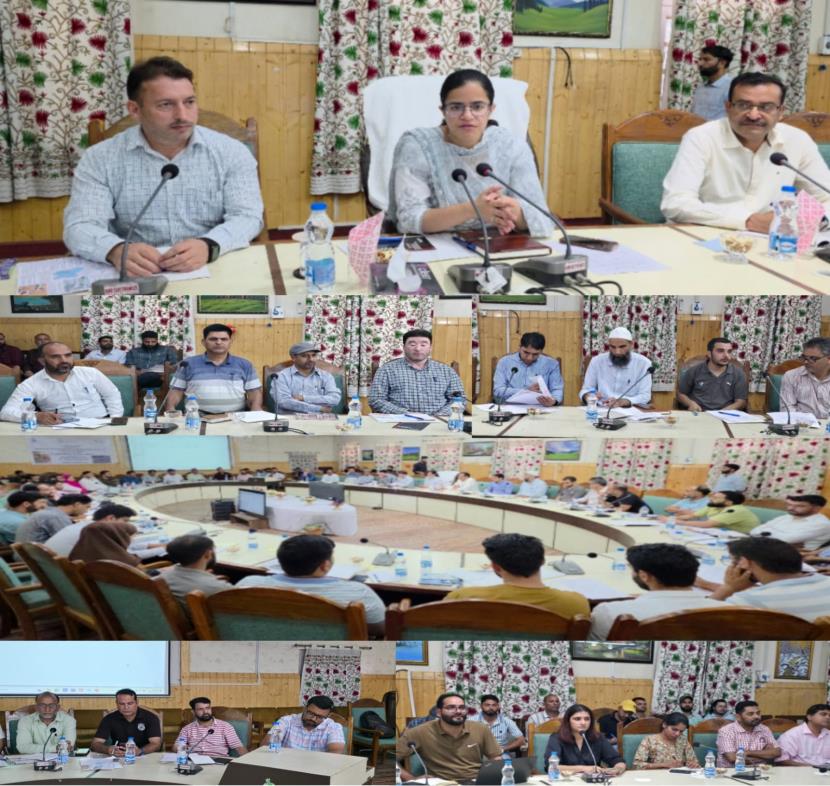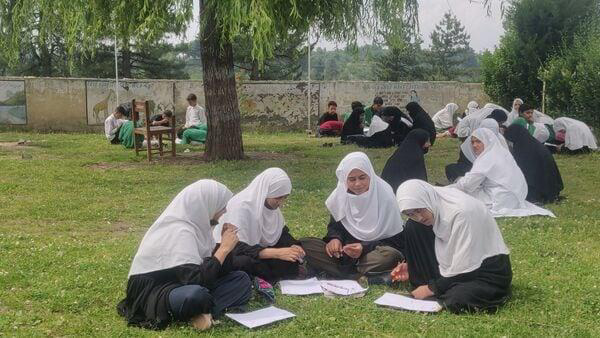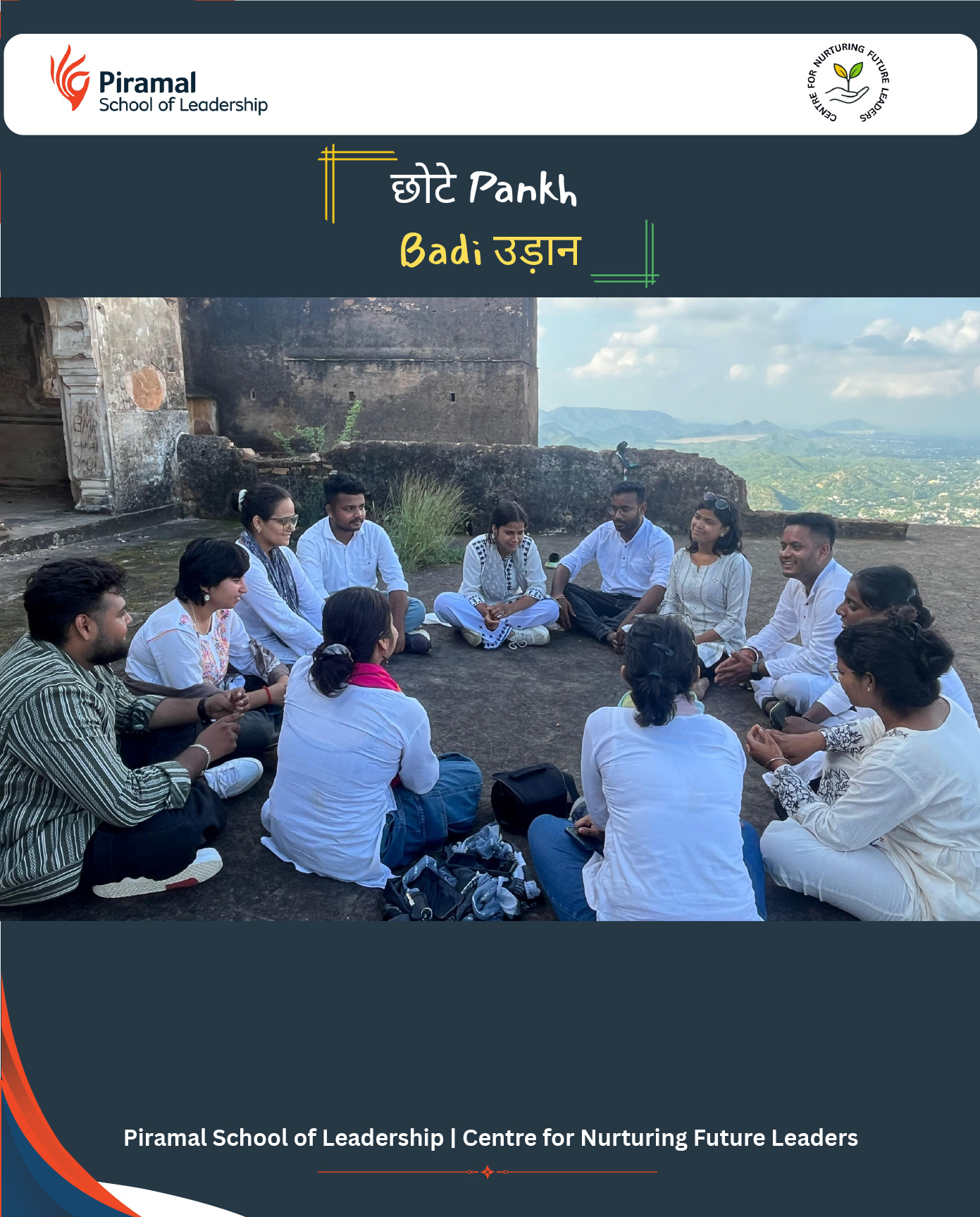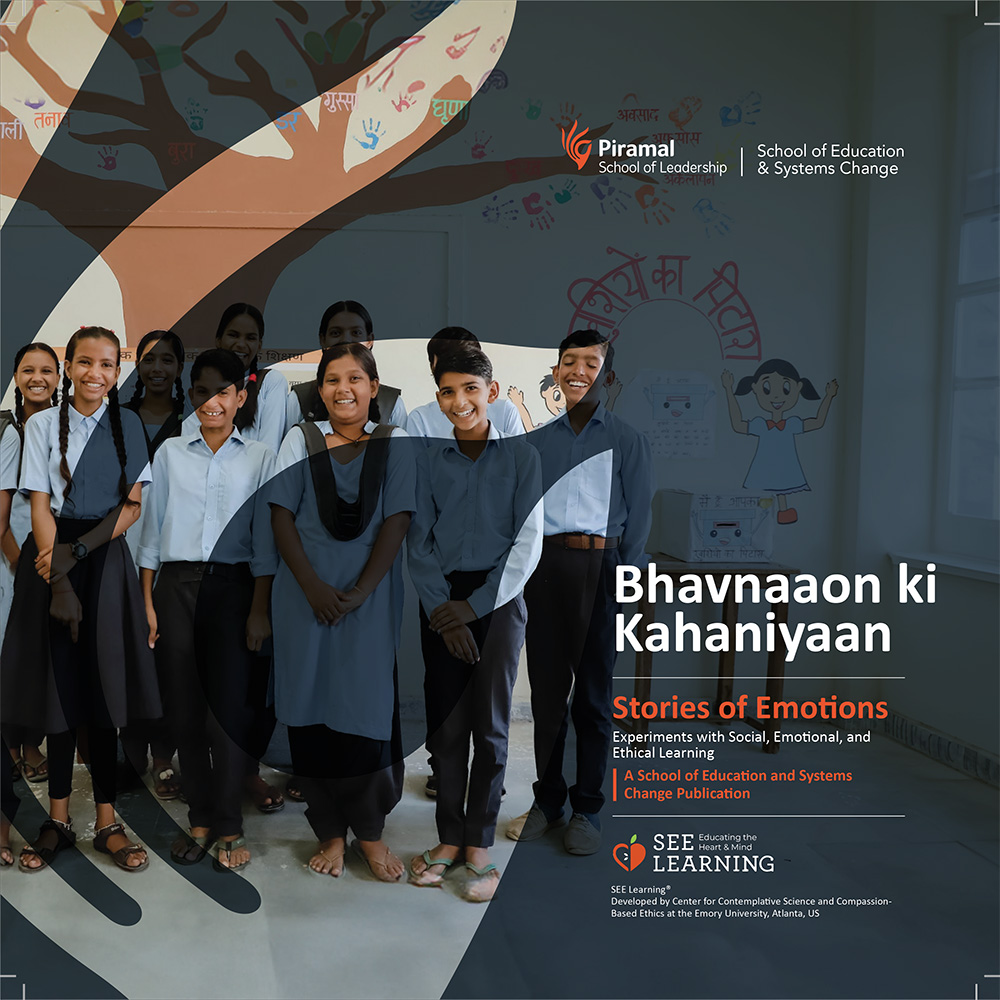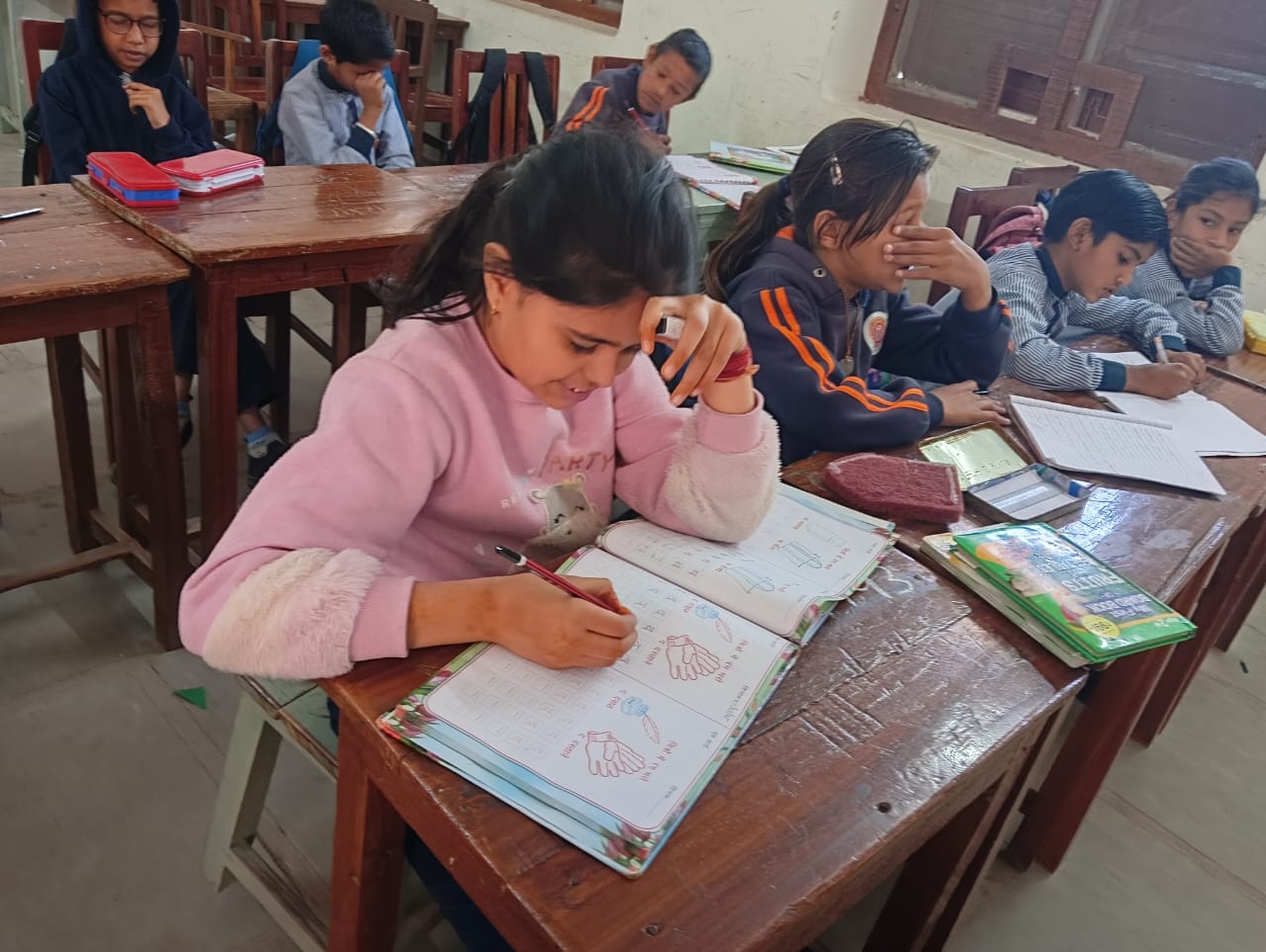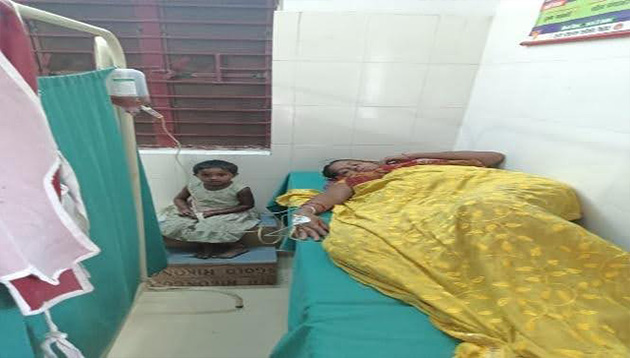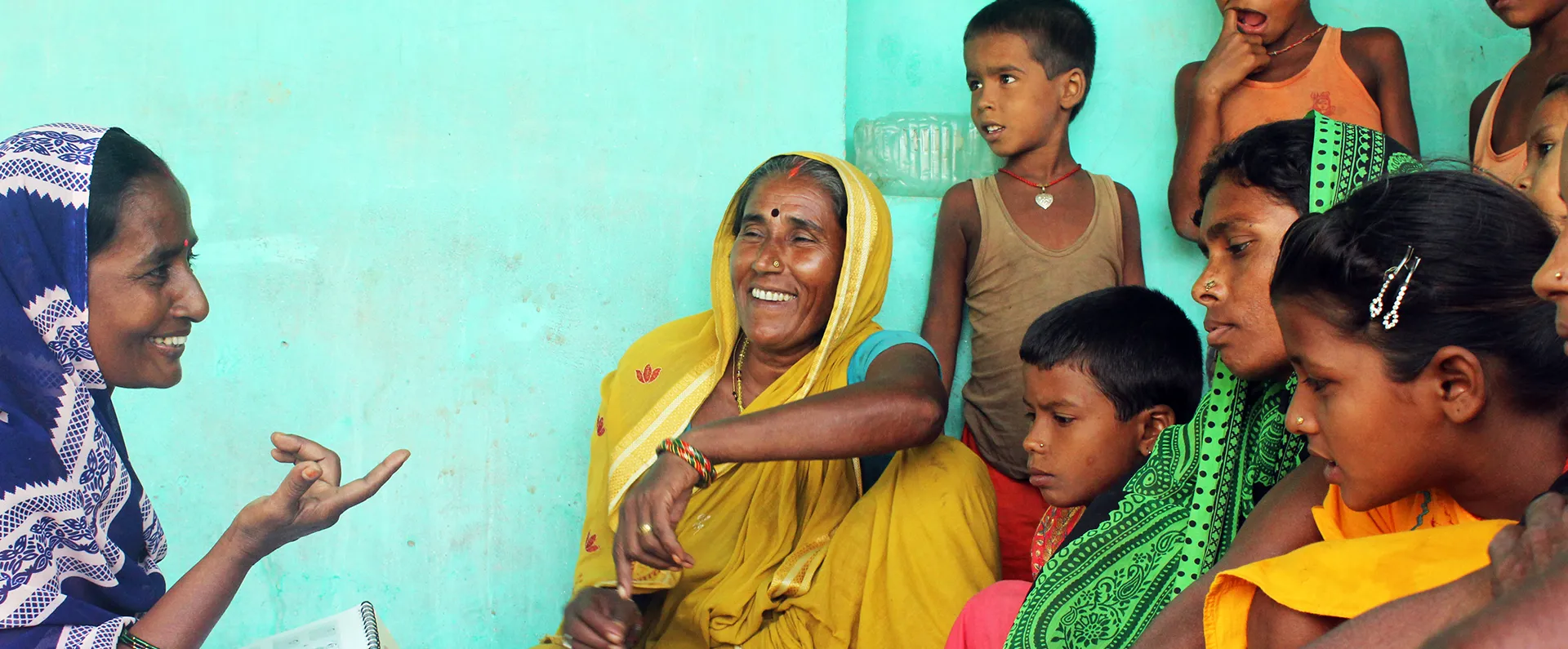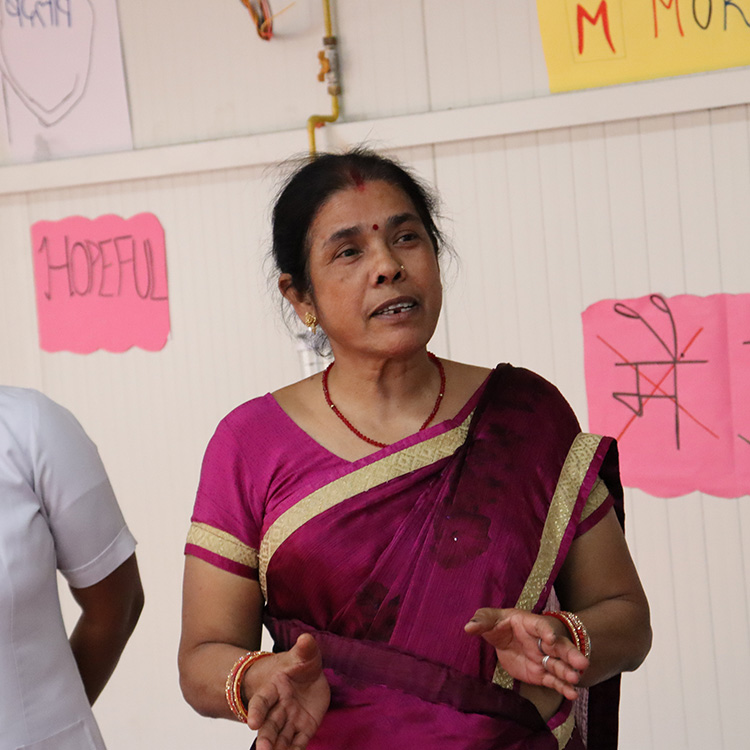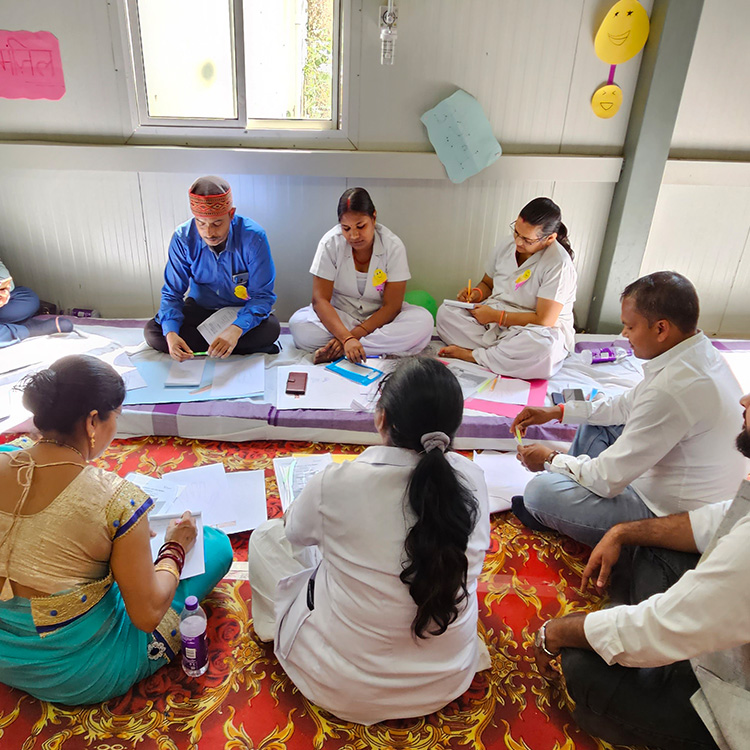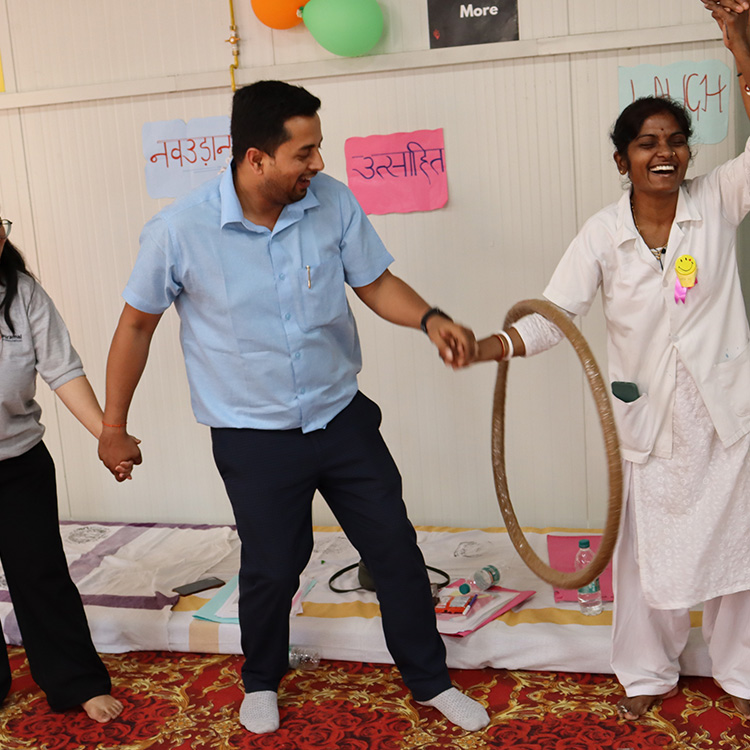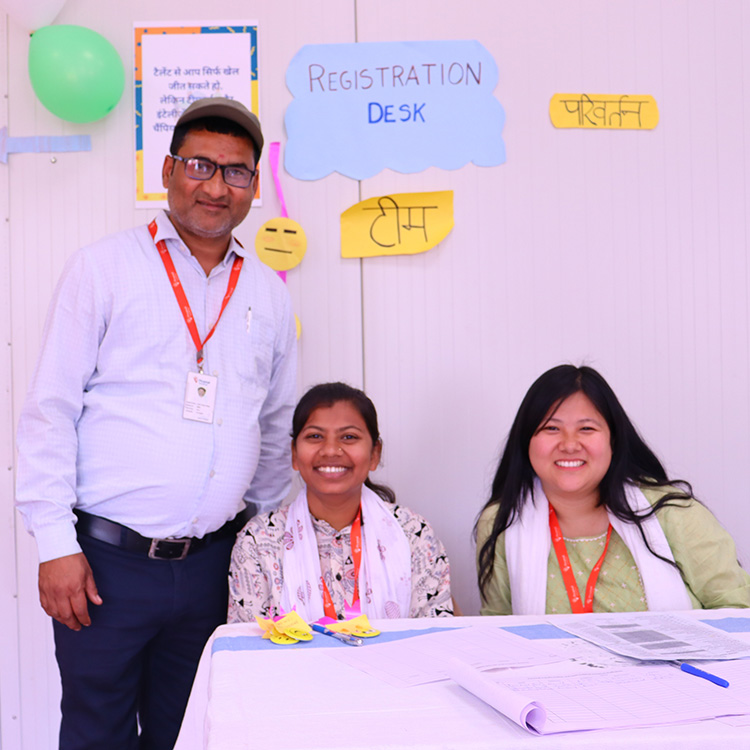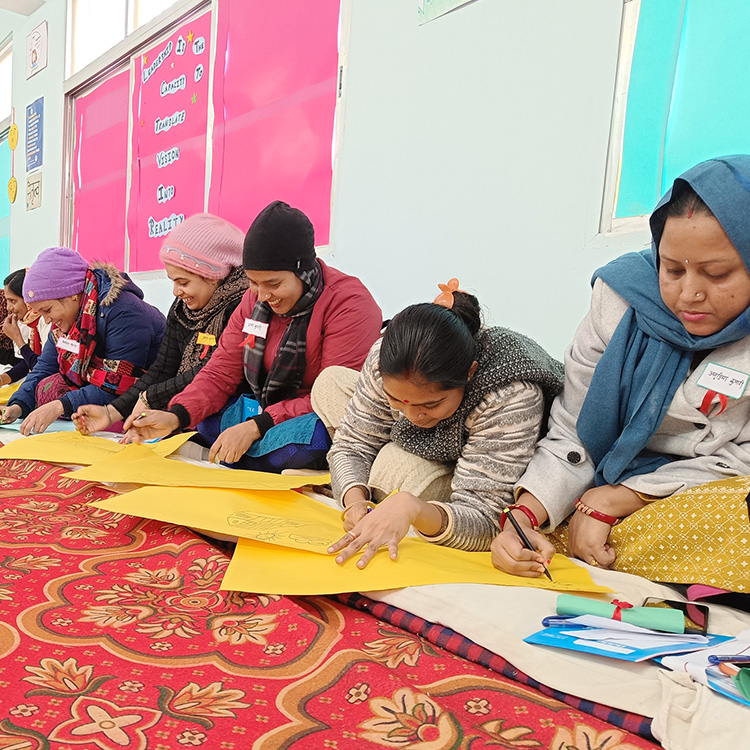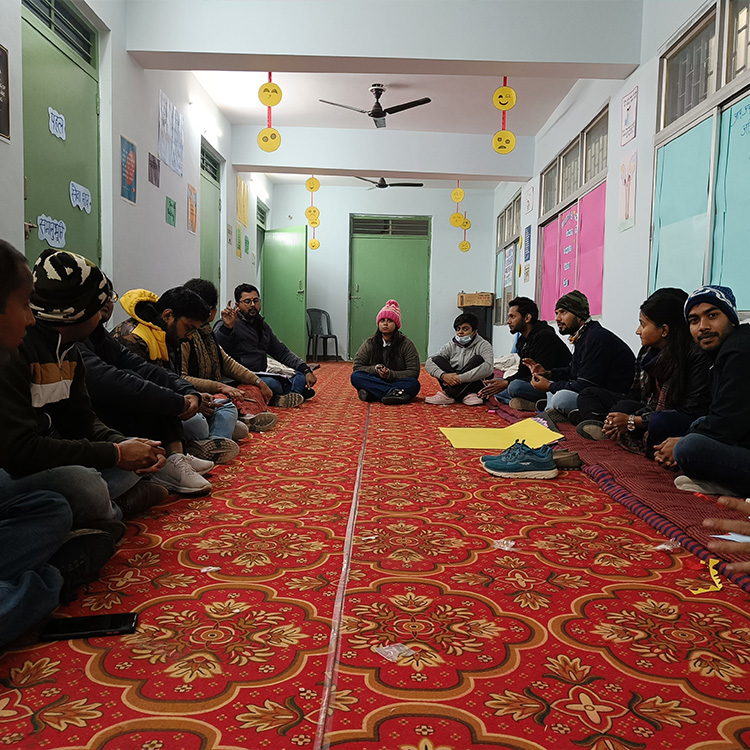In Gender and Diversity, we strive to bring gender intentionality perspective to health programming to ensure programs and policies are equitable and beneficial for all. Navigating the complexities of gender dynamics across all health care domains reveals that one-size-fits-all solutions are insufficient. World Health Organization also recognizes that Universal Health Coverage can truly be achieved if gender and other drivers of inequalities within health systems are actively considered and addressed.
Our prime focus is to provide a nuanced, targeted, and effective way to address the unique challenges faced by women and other gender minorities in accessing quality health care by leveraging potential of women as active agents of change to achieve more gender-equal outcomes. We believe in ‘By the women, of the women and for the women’ approach which emphasizes women’s leadership, ownership and empowerment in all aspects of health care delivery system.
We primarily focuses on the following domains:
Building capacity for gender sensitivity and responsiveness at individual, interpersonal, community, facility, and system levels of healthcare delivery.
Equipping health institutions to deliver inclusive, respectful, and dignified care—especially in maternity and reproductive health services.
Embedding gender and empowerment modules in both pre-service and in-service training for nursing professionals.
Strengthening institutional mechanisms and workforce capability to effectively address and respond to gender-based violence.
The Challenge
Lack of quality improvement capability in all healthcare cadres for improving maternal and newborn health services
Interventions
- Develop Quality Improvement Capability in 700 healthcare leaders, managers and service providers across state, districts and blocks
- Develop 530+ hours of curriculum of QI Basics, QI Leadership & Management and QI Coaching
- Establish a Quality Improvement Collaboration Centre in SIHFW for enhancing QI capabilities of all cadres
Outcomes
- 566+ state and district healthcare cadres trained on QI skils
- 2.16,227 pregnancy complications successfully handled
- 3.68% reduction in still births


